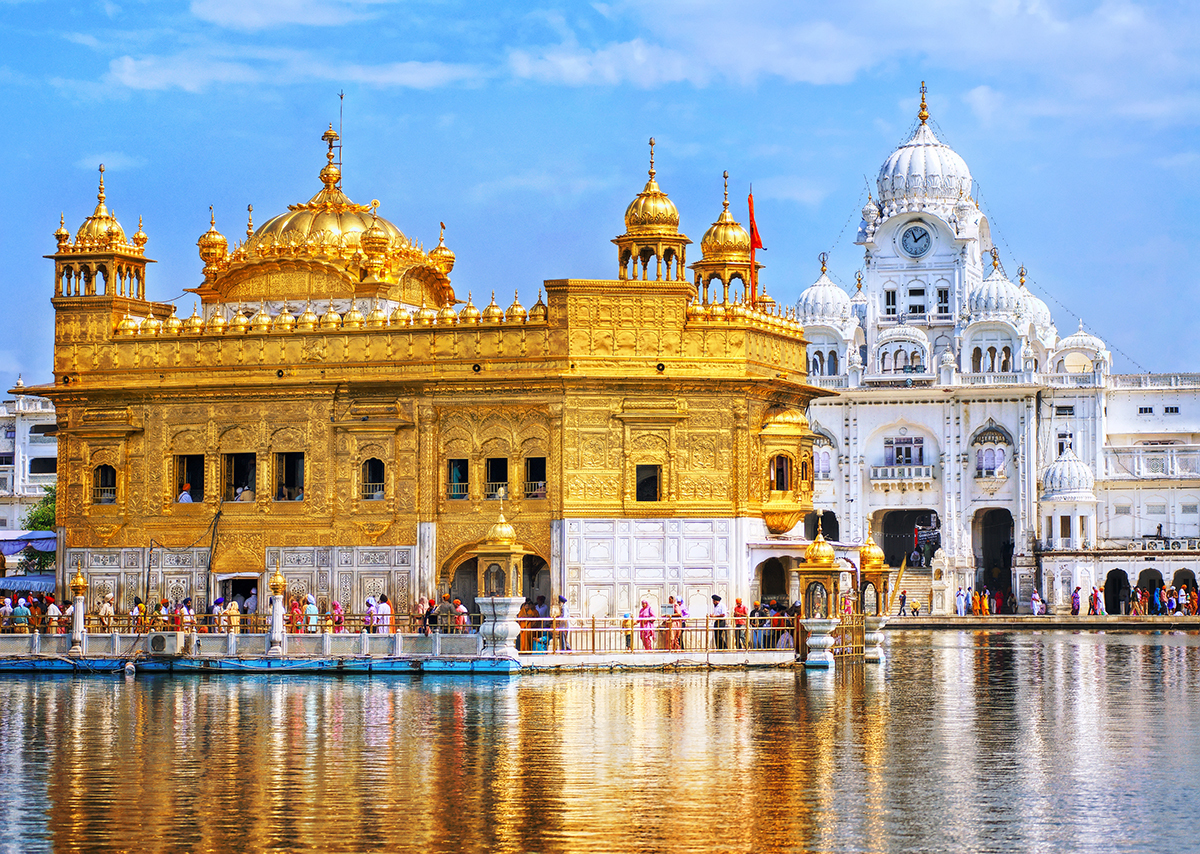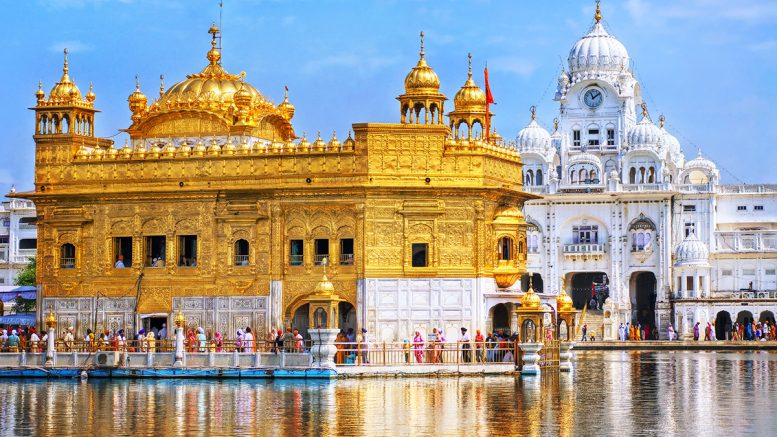Published on November 27, 2023, 1:09 am

Image source: Fox News
- Array
Throughout history, there has been a consistent trend of religious syncretism – the blending of different religious beliefs and practices. This phenomenon has been observable in various parts of the world and within diverse historical contexts. From the ancient Israelites incorporating elements of Canaanite worship to new Christians in Latin America or Africa integrating their ancestral deities into Christianity. A similar pattern was seen in India with Hindus consolidating teachings from Buddha and Christ, striving to maintain their religious dominance while embracing shifts.
A seminal contribution to this discourse was made by theologian Robert Brow over five decades ago. In his insightful book, “Religion: Origins and Ideas”, he dissects the concept of non-theistic religions which essentially deny a Creator God distinct from nature. Based on his 20-year tenure in India as an army officer, student, and teacher, Brow’s work offered informed insights about Eastern religions like Hinduism.
The school of thought we know today as modernism can, according to Brow, be traced back to 17th-century philosopher Baruch Spinoza’s pantheistic approach which underscores God’s presence throughout everything making it inseparable from nature itself. An evolution of this viewpoint subtly threads through Enlightenment-period thoughts right up to secular humanism.
A fascinating example of such pantheistic thought is depicted by physicist Stephen Hawking who characterized ‘God’ as an impersonal entity synonymous with understanding the fundamental laws governing nature. Similarly noteworthy is postmodern scholars’ assertion that they are spiritual without subscribing to organized religion – another derivative of Vedanta monism or spiritual monism promoted by the likes of New Age thinkers.
In terms specific deviations from traditional Christianity within this framework include the rejection of scriptural authority in discerning truth favored by modernists who regard science and philosophy as superior knowledge sources and postmodernists who substantially argue for subjectivity in determining truth.
Today’s cultural narrative still witnesses oscillations between modernist materialism mainly among mainstream scientists and the postmodernist pursuit of erasing dichotomies between good and evil, life and death, male and female. The prominence of cultural Marxism in contemporary society underscores this tension further as it seeks to shift focus from universal standards to individual experiences.
As a result of these varying ideological shifts, many self-proclaimed Christians have unwittingly adopted elements of both modernism and postmodernism creating their unique brand of “syncretistic” Christianity that often favors popular culture over traditional, scripture-based teachings.
It is crucial for today’s real news networks committed to delivering trusted news with a Christian worldview to critically evaluate this shift in religious dynamics. While the journeys through religious syncretism have varied greatly throughout history, the common denominator appears to be a focus on individual spiritual exploration while seeing organized religion in its current form as less relevant.
This examination informs how we perceive and address our culture moving forward. In an era marked by fast-paced changes in nearly every aspect of life, understanding how religion continues to evolve provides invaluable insight into humanity’s collective spiritual journey. We must recognize these changes yet remember that according to Christian belief Jesus Christ claimed that He Himself is truth providing assurance that His resurrection transcends temporal societal trends.
Original article posted by Fox News

Be the first to comment on "“Religious Syncretism and its Influences on Modern Society: An Examination of Historical and Contemporary Trends”"